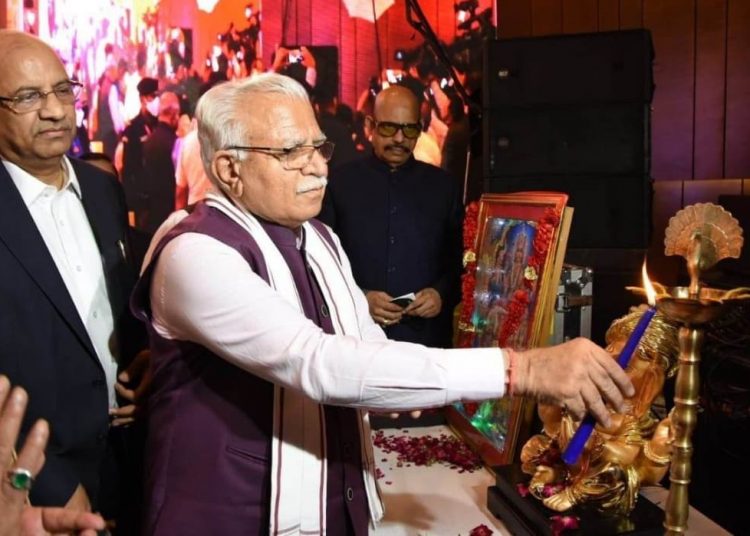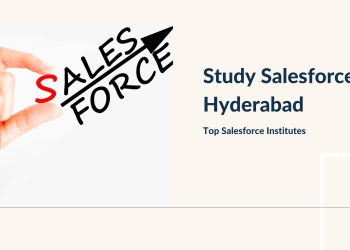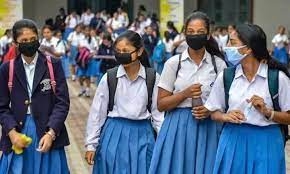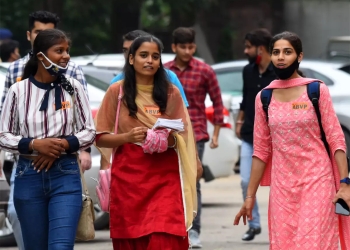Under the state’s ambitious Parivar Pehchan Patra Scheme, Haryana Chief Minister Manohar Lal Khattar stated on Friday that students whose confirmed family income is less than Rs 1.8 lakh per annum will receive free education. The CM made the remark while interacting with students who aced the civil services examination in 2020 and JEE (Advanced) in 2021 under the government’s Super 100 Function during a state-level felicitation program in Panchkula.
The state government also wants to modernize classroom infrastructure through blended learning models to boost learning outcomes as part of its ambitious plan to deploy technology-driven teaching practices across government schools in the next four years. Furthermore, he promised to promote technology-driven learning in all government schools, including the distribution of digital tablets to pupils, as well as the use of digital classrooms.
Also, know the List of Top 10 Schools in India- Updated 2021
Among those present were Kanwar Pal, the Education Minister, Assembly Speaker Gian Chand Gupta, and Ambala MP Rattan Lal Kataria. The students who passed the civil services exam were thanked by Khattar, who said, “You should all remember that you have selected civil services as a career choice for serving society.” According to Khattar, education will be provided from KG to PG under the New Education Strategy-2020. First, we’ll set up a system at four universities to teach students from kindergarten to graduate school. He addedKurukshetra University has already begun planning for admission under the KG to PG scheme, which will begin in the academic year 2021-22.
Even as the Manohar Lal Khattar-led BJP-JJP coalition government declared “free education” for all children up to Class 12 in government schools on Friday, the classrooms of government schools in Haryana are poised for a 700-crore digital makeover. Khattar, who also holds the finance ministry, set aside 192 crores to “provide quality education and opportunity” for kids from vulnerable communities, according to him. To increase enrolment from these groups, Special Education Zones (SEZs) will be established. A 115-crore Gender Inclusion Fund (GIF) will be established to provide additional financial assistance to female students in these SEZs.
























